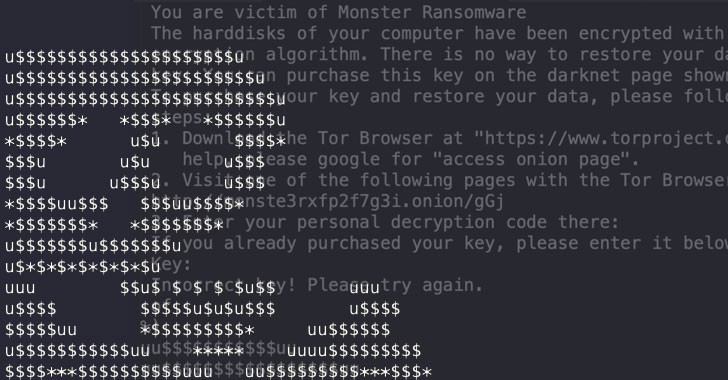Over 70 Malicious npm and VS Code Packages Found Stealing Data and Crypto
May 26, 2025
Cybersecurity / Cryptocurrency
As many as 60 malicious npm packages have been discovered in the package registry with malicious functionality to harvest hostnames, IP addresses, DNS servers, and user directories to a Discord-controlled endpoint. The packages, published under three different accounts, come with an install‑time script that's triggered during npm install, Socket security researcher Kirill Boychenko said in a report published last week. The libraries have been collectively downloaded over 3,000 times. "The script targets Windows, macOS, or Linux systems, and includes basic sandbox‑evasion checks, making every infected workstation or continuous‑integration node a potential source of valuable reconnaissance," the software supply chain security firm said . The names of the three accounts, each of which published 20 packages within an 11-day time period, are listed below. The accounts no longer exist on npm - bbbb335656 cdsfdfafd1232436437, and sdsds656565 The malicious code, per So...








































